The tragic partial collapse and subsequent demolition of the Champlain Towers South Condominium in Surfside, Florida, this past June revealed some gaping holes in the structures, governance, and oversight of the country’s multifamily buildings. Many condo, co-op, and HOA boards and owners have awoken to the consequences of deferred maintenance, poor planning, and indecision. Municipalities have taken steps to bolster their laws and regulations around inspection and repair of tall buildings. The real estate market has also taken note of the value of responsible leadership and due diligence when it comes to multifamily transactions.
Periodic reassessment of longstanding practices or overlooked loopholes is a good practice for any industry. But reactionary reforms or knee-jerk responses to such an overwhelming—if exceedingly rare—disaster can have their own downsides. CooperatorNews takes a look at three aspects of multifamily housing that bear review in the wake of Surfside and other catastrophic building failures, and some caveats that should be considered along the way.
Building Better Boards
The vast majority of co-op, condo, and HOA board members are volunteers, with no formal requirements or prerequisites for serving—just the will and the time, and usually a minimum age and duration of ownership in good standing, as spelled out in the community’s bylaws.
Although some states require some level of training upon election to a board, many leave it up to members themselves to understand their role and acquire the information they need to decide on the matters before them effectively and ethically. But as “fiduciaries”—a term with the same Latin root as “fidelity,” or “faithfulness”—board members automatically have the legal responsibility to uphold the duties of care, loyalty, and trust on behalf of their building or association as a whole. (In fact, in many localities board members are known as “trustees.”)
Of course, with legal responsibility can come liability. Boards are empowered with broad authority—especially in cooperatives, where board decisions exercised in good faith are protected by the Business Judgement Rule.
In condos and HOAs, on the other hand, many capital questions require the assent of a majority of unit owners. In the New York Law Journal, attorneys Dale J. Degenshein and Phyllis H. Weisberg of Manhattan-based law firm Armstrong Teasdale point out that “almost every condominium bylaw we have ever seen contains a provision ... [that] prohibits a board from spending more than $X in one year without the approval of a supermajority of unit owners.” Some bylaws extend these provisions to repairs, “so that the board could not, without unit owner approval, authorize virtually any work for any reason (even to preserve safety) if the cost exceeded the amount specified in that building’s particular bylaws.”
In the wake of Surfside, there has been ample talk of how stymied a condo board can be when mandated to obtain agreement not just from a majority of the board, but from a majority—or even a supermajority—of the association’s entire voting membership. Nevertheless, legislators have proposed a number of bills that actually aim to increase the control that shareholders or unit owners have over board decisions, even though, according to Weisberg and Degenshein, “it is the board that has the fiduciary obligation to act in the best interests of the entity, and not in the interest of a particular owner’s pocketbook.” The attorneys say that under the guise of encouraging transparency, “bills like the Cooperative Shareholder Protection Act in the New York Senate would give shareholders or unit owners—none of whom owe a fiduciary obligation to the entity—control over, if not a veto of, board decisions.”
The attorneys argue that rather than further delaying or obstructing boards from making essential decisions for their communities, the law should move toward removing or invalidating bylaws that restrict a board’s authority. Moreover, co-op, condo, and HOA boards should be encouraged—if not required—to obtain and follow input from professional advisors. But the responsibility for effective leadership ultimately lies with the electorate: All owners in multifamily communities should stay informed and engaged, and elect proactive board members who will make decisions in the interest of the common good, even if those decisions are unpopular with certain constituencies.
Building Better Bureaucracy
Legislators across the country are also responding to Surfside with laws intended to strengthen or increase requirements for building inspections and repairs. In Jersey City, New Jersey—the state’s municipality with the most high-rises—Mayor Steven Fulop announced just a few weeks after the Champlain Towers collapse new laws that will do just that in his city. “Our goal is to strengthen our policies in order to provide the best protection for our residents and the community at large,” Fulop said at the announcement.
The new law applies to residential and non-residential concrete buildings that are more than six stories tall, and requires property owners and condominium associations to hire—and pay for—a licensed architect or engineer to conduct a visual structural inspection every 10 years, and façade inspections every five years. The structural inspection must examine all foundations, balconies, structural members, and waterproofing conditions of a building. The façade inspections must assess all exterior walls and appurtenances, and applies to masonry-constructed buildings over four stories as well. Building owners must then submit a written report to the city’s Division of the Construction Code and make any repairs indicated in the report. Another inspection must take place within 30 days of completion of the repairs.
“Since the sad news from Florida,” says Fulop, “we’ve had Jersey City residents in several buildings reach out with the knowledge that their condo boards are delaying work because of the potential cost to residents.” Indeed, the Foundation for Community Association Research (FCAR) found in its 2020 report about aging infrastructure that “In many cases, the underlying cause of the problem was known; however, the community delayed correcting the actual cause because association decision-makers wanted to attempt a minor repair to control the damage or they needed time to develop a financial plan for the repairs. Either action deferred the maintenance and turned costly for the community.”
Stronger and more frequent inspections—and higher fines for noncompliance—are not going to solve the financial shortfalls or deliberative impasses that many boards are facing. In fact, it has been argued that it was just such conditions that contributed to the delayed repairs that cost 98 people their lives and destroyed the homes of hundreds of others in Surfside this June. The building was due for its mandated 40-year inspection; qualified engineers had recommended structural fixes and opined on their urgency; the board had priced out the cost of the work and communicated it to the owners. But, just as the FCAR observed—“While homeowners will tolerate a modest special assessment in an emergency, evidence in this study suggests that it’s often hard to convince them to contribute to long-term maintenance, i.e., higher regular assessments. Substantial special assessments are particularly unwelcome”—the owners at Champlain Towers South understandably balked at the $15 million price tag.
Laws focused on reserve requirements and regular capital assessments seem like a more effective move for legislators looking to prevent another catastrophe like the Champlain Towers partial collapse. Although another such event is extremely unlikely, say the experts, the country’s housing stock is aging, and predictable repairs and replacements—not to mention emergencies—are inevitable. And costly.
“Getting old is expensive, and cannot be avoided,” says Robert Nordlund, PE, RS, founder and CEO of Association Reserves, a California-based reserve study company that advises community associations and cooperatives throughout the U.S. “It’s an issue facing every association with common areas. Older associations need to get ready for higher expenses, which will likely mean higher reserve contributions, special assessments, or loan repayments.”
Rather than adding cost and red tape, new laws should consider how to help associations and corporations pay for these essential repairs (low- or no-interest infrastructure loans?) and how to help boards decide how to pass these costs on to the ownership in ways that minimize the impact on their wallets while not entirely kicking the can to future owners.
Building Better Buyers
Speaking of future owners, this is another contingent of folks who are adjusting their practices and parameters in the aftermath of Surfside. Real estate agents in South Florida and elsewhere have observed that buyers of co-op and condo homes are now giving due time to due diligence.
Alicia Cervera, managing partner of Cervera Real Estate, a luxury brokerage representing multiple large South Florida developments, and a board member of the Miami Downtown Development Authority, tells real estate publication Mansion Global that she sees more buyers investing themselves in discovering the construction history and maintenance in a given building.
“The lesson learned from this horrible tragedy is that closer attention needs to be made to the maintenance of these buildings, and condo associations have to make sure they’re properly funded to meet the maintenance needs,” says Cervera. “I think that we will emerge stronger and safer as a result of this since there will be stricter guidelines and more caution around building inspections.”
Ricardo Wolf, a broker and developer of luxury commercial and residential projects based in Fort Lauderdale, sees similar scrutiny being paid to new developments. He contends that “some high-end property buyers must have concerns on how a given development was designed, planned, engineered, and constructed”—concerns that did not surface as much before the Surfside disaster.
“In the past, many buyers might’ve simply assumed a property was planned and built properly,” Wolf continues. “Now, I have had more than one conversation regarding a client’s comfort level of moving into a high-rise building.”
While Wolf stresses that the concern about new construction can be seen as premature, given that the laws and awareness around building guidelines and regulations have and will continue to only get more strict, in buildings of a certain age, administrators need to step it up. “When discussing older buildings,” he adds, “those with owner-run condo associations will be pressured like never before to get ahead of potential issues now deemed unacceptable.”
The multifamily housing industry would do well to take the Surfside tragedy as a lesson and a warning. Building these communities is not just about building buildings—it’s about building strong, cohesive boards; beneficial, effective laws; and informed and engaged owners and buyers.
Darcey Gerstein is Associate Editor of CooperatorNews.



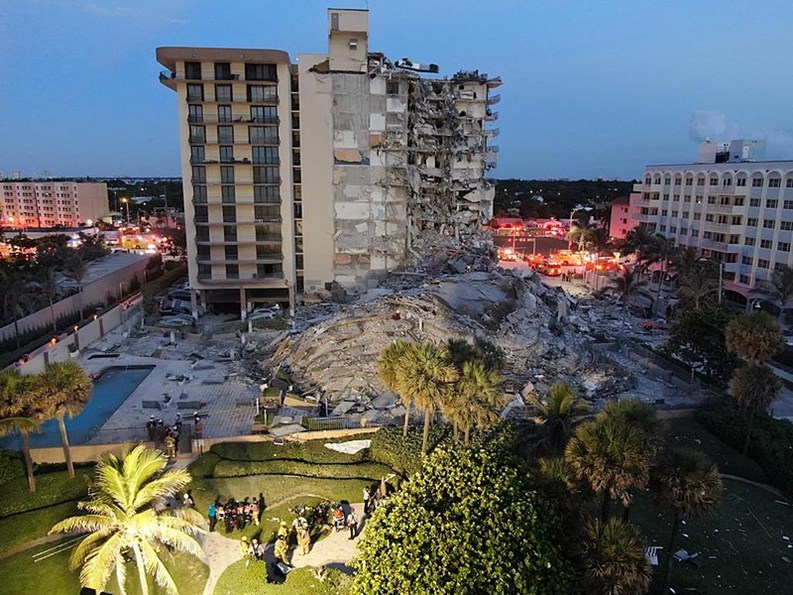
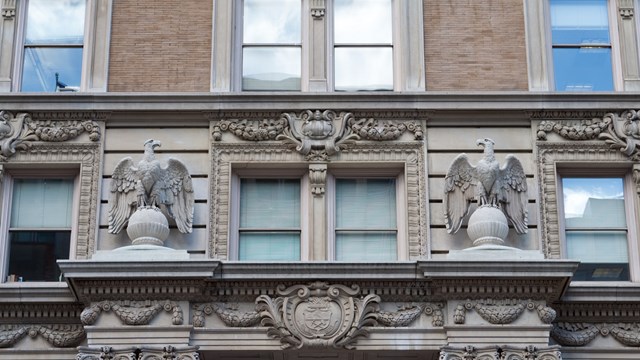
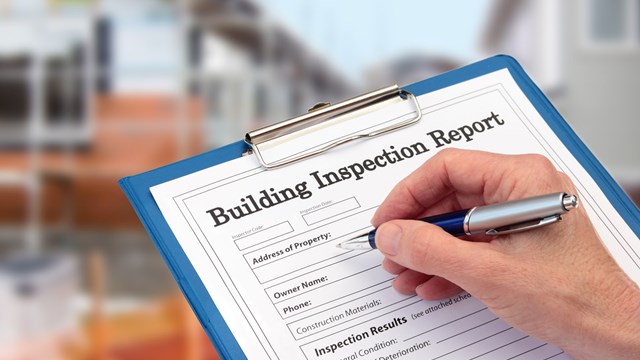
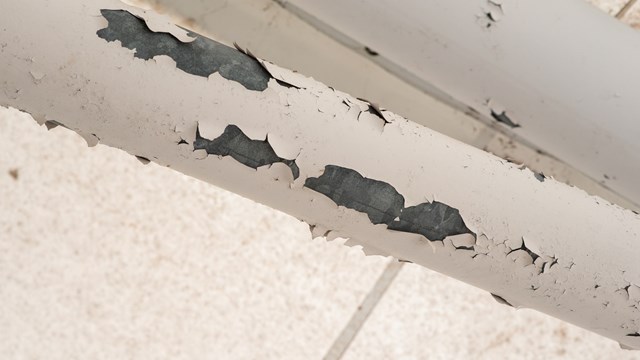
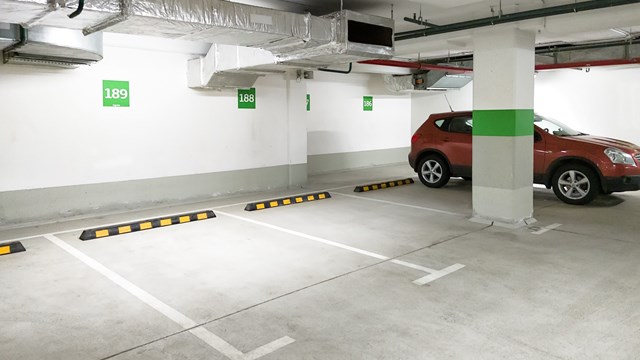
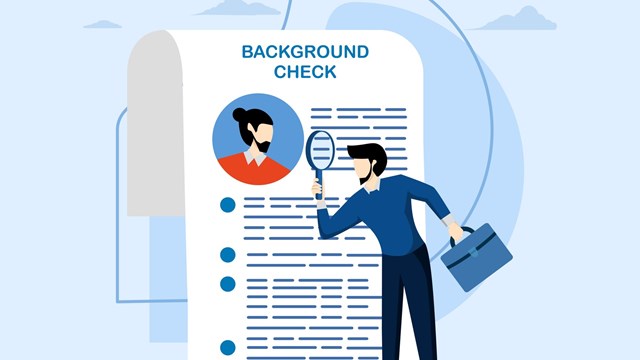

Leave a Comment